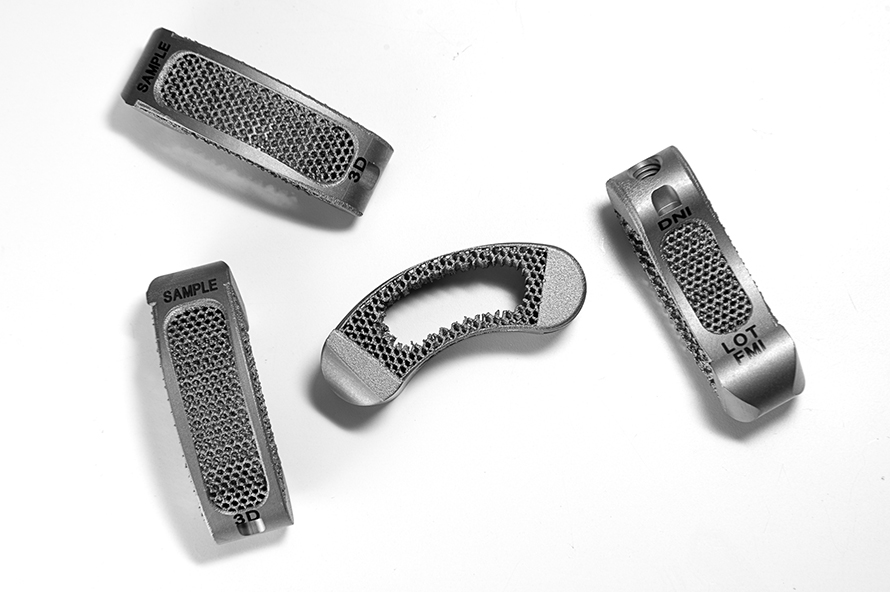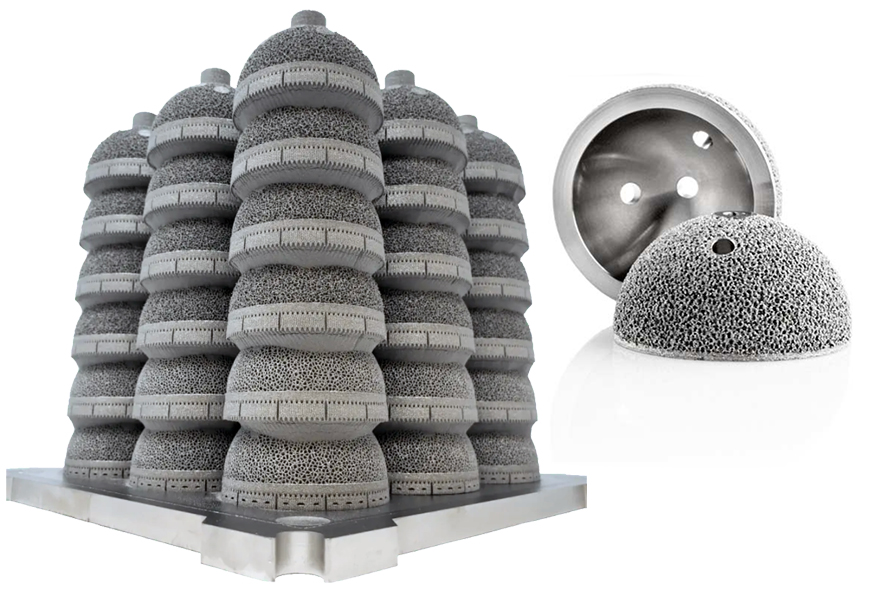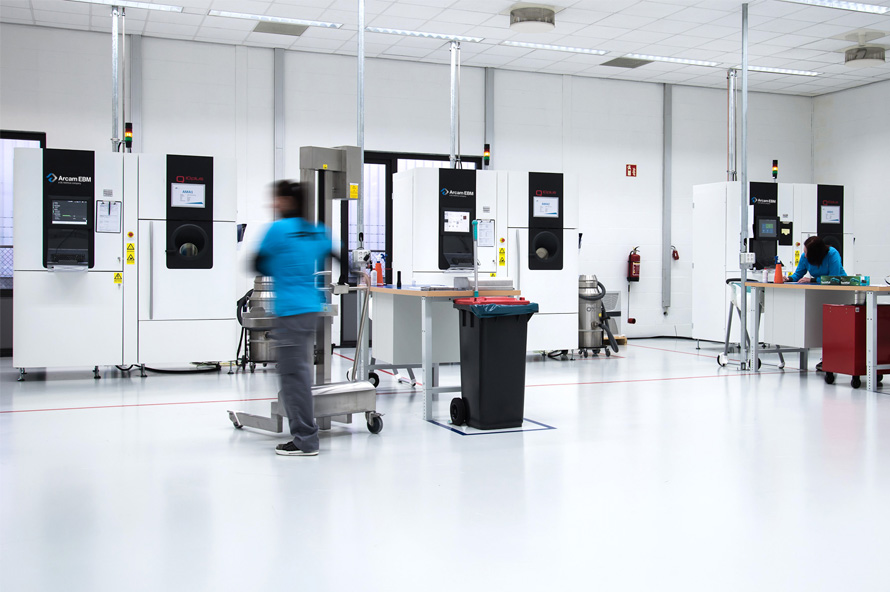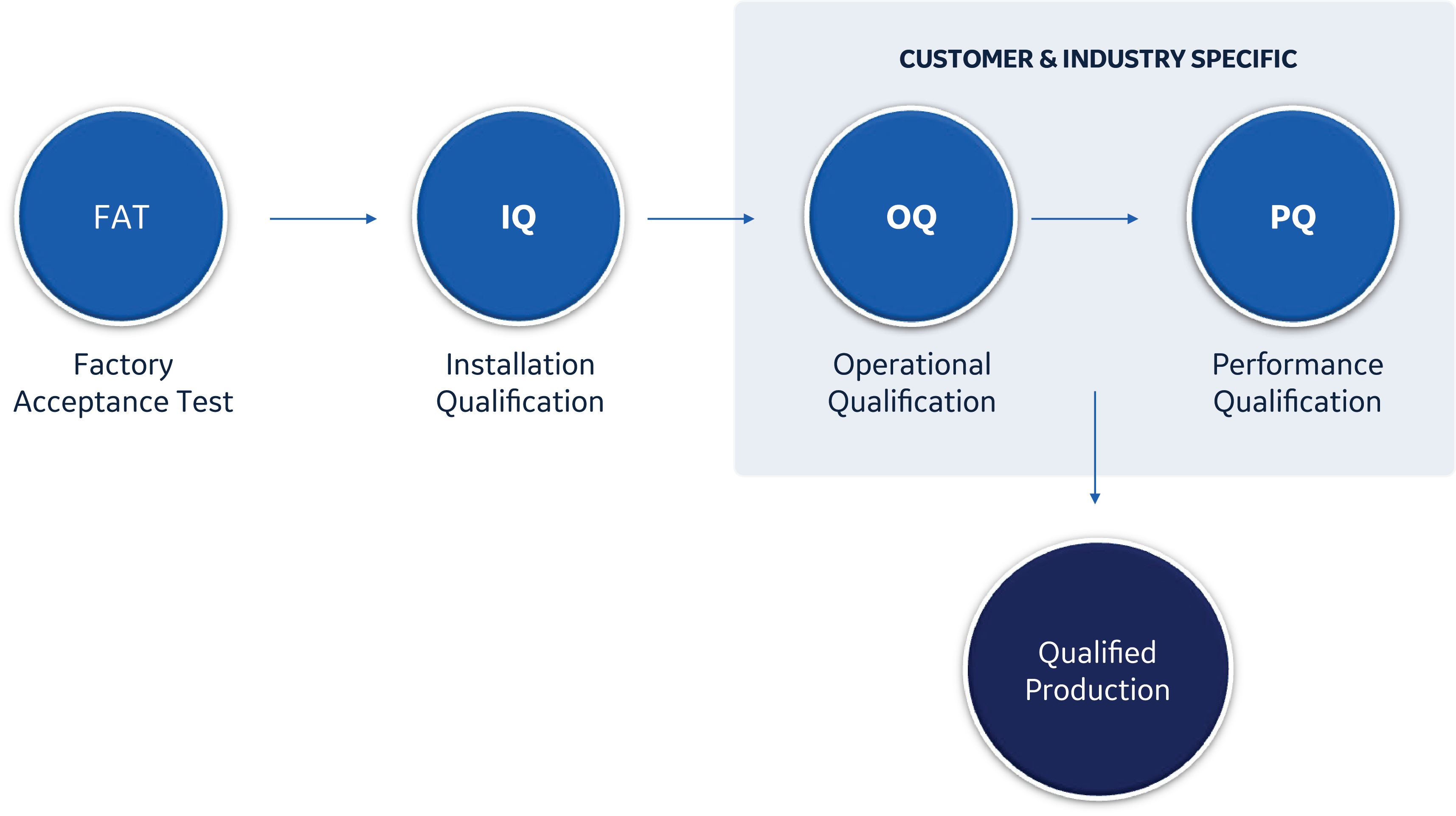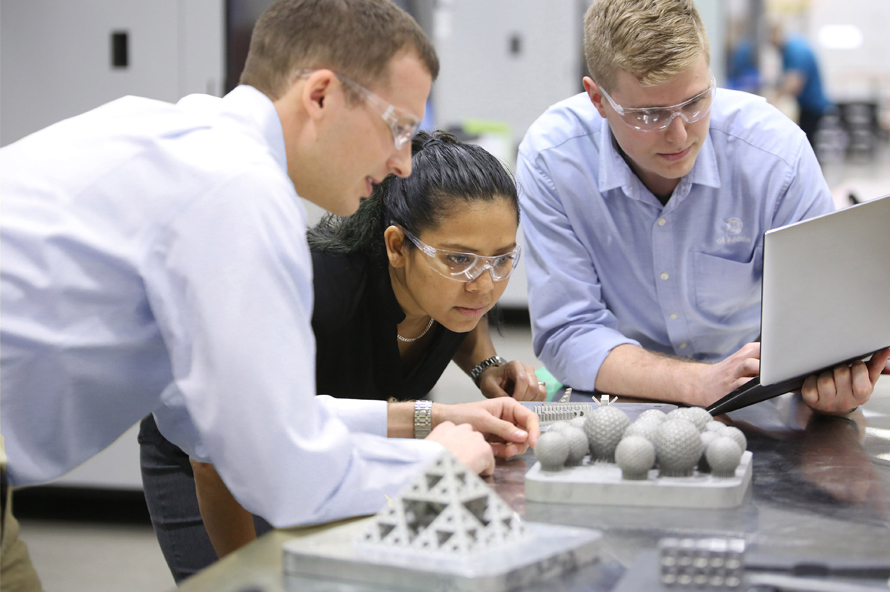Additive Manufacturing for Orthopedic Implants
Revolutionize medical implants and remove barriers to customizations. For the ready, we have a way to get there faster. To drive productivity and customization and improve safety and patient care. When you’re ready to deliver cost-efficient, patient-specific orthopedic implants using AM, the pioneers of full metal additive production are ready to help.
Customer stories
Help improve orthopedic applications and drive cost savings
with proven metal additive solutions.
Tomas Kellner
19 September 2019
